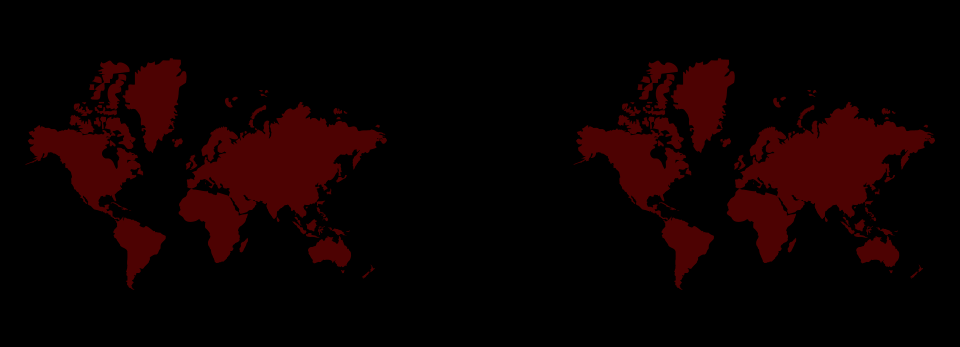
KOREAN MARTIAL ARTS MASTERS HALL OF FAME
한국무술명수명예의전당

© Korean Martial Arts Masters Hall Of Fame


2015 KMAM-HOF LEGEND INDUCTEE
Lee Won Kuk (1907-2002)
Lee Won Kuk, was a Korean martial artist, who founded Chung Do Kwan. He introduced karate
to Korea in 1944, creating his own style known as Tang Soo Do Chung Do Kwan style, which
became Taekwondo as of 1955; instilling a profound influence in this martial art through
teaching future masters and authoring the book “Tae Kwon Do handbook“ in 1968.
He was born on April 13, 1907 in Seoul, actual capital of South Korea, which was occupied by
Japan and whose regimen regulated all of the population’s activities in the peninsula. It
prohibited the practice or teachings of any martial arts, so those interested, had to go outside of
Korea (either China or Japan) to learn the arts. Lee was interested in martial arts at a very early
age, and he used to get together with the elders in his natal Seoul to listen to the old stories that
narrated the practice of millennial Korean martial arts like the Taekkyeon,
It was a custom for very affluent Korean families to send their children to study in Japan, where
they would learn the Japanese language and obtain the best education possible, and get to know
the right contacts and improve their chances of success in a Japanese dominated society. In 1926
Lee traveled to Tokyo, where he attended high school and later attended the Chuo University
specializing in Law. During his school years, he started training in the martial arts currently
known as Karate-Do Shotokan style, under the tutelage of Gichin Funakoshi and his son, Gigō
Funakoshi, who was the instructor in charge of the karate club of the Chuo University of Tokyo.
It was there that Won Kuk became one of the first students of karate in Japan, obtaining the
highest rank for a person who was not a Japanese national. After his graduation in Chuo
University, he traveled Japan, visiting Okinawa and many other cities in China, including
centers where Chuan Fa (kung-fu) was taught.
He decided to return to Korea wishing to teach Karate in his homeland. This return was easily
done by using his connections with high ranking Japanese officials, who allowed him to gain
employment at the ministry of transportation. In 1944, Won Kuk made an official request to the
Japanese Governor in Korea and army general, Nobuyuki Abe, to teach karate classes to
Japanese citizens residing in Korea and later on, to a select group of Korean citizens. The permit
was denied two times and was finally given after a third petition. Won Kuk Lee started teaching
Tang Soo Do (the Korean translation for Karate-Do, which literally means “way of the Chinese
hand”) at the Yung Shin school gym, located in Okchun-dong, Seodaemun District in Seoul. He
named his school “Chung Do Kwan”, which can be translated as the school of the Blue Wave.
Lee Won Kuk was one of the first Koreans to study karate in Japan, just as the majority of other
future Korean Taekwondo masters, who studied in Japanese universities or belonged to the
Imperial Army of Japan, and later returned to Korea with a first or second degree black belt.
Many schools were founded at the end of the 1940s and beginning of the 1950s, calling the
martial art “Korean Karate”.
GM Lee called his art Tang Soo Do (the “way of the Chinese hand”), which was the Korean
pronunciation of the Japanese words “Karate-Do” during the decade of 1920, using the Chinese
character TANG (唐). All of the original Tang Soo Do schools taught the original Okinawa-
Japanese Kata, dressed in the traditional kimono and taught karate with little influence from the
millenary Taekyon martial arts. The peak of the Tang Soo Do Chung Do Kwan started the
opening of new schools, ran by direct Won Kuk students or by their technical support and his
promotional impulses. That’s how other Kuk Lee’s students established their own schools. Nam
Tae-Hi Under the direction of Choi Hong Hi (Ohdokwan), Lee Yong-woo (Jungdokwan), Ko Jae-
chun (Chungryongkwan), Kang Suh Chang (Kukmookwan) schools were created and developed.
The Taekwondo is one of the youngest oriental martial arts, and its story started with the
opening of the Chung Do Kwan in Seoul in 1944.



Website Created By: Allans Media Productions

501(c)(3) corporation



















